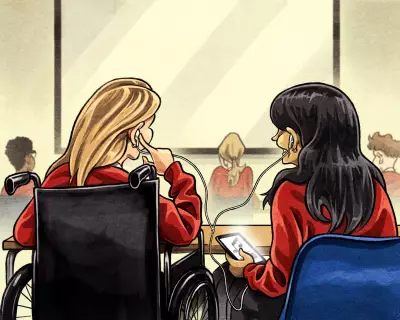
In the heart of Beirut, a remarkable movement is transcending the deep-seated sectarian divides that have long defined Lebanese society. Christians and Muslims are coming together in an unprecedented show of unity, finding common ground not in politics, but in a shared passion for the Arabic language.
The initiative, gaining momentum across the city's diverse neighbourhoods, sees intellectuals, artists, and everyday citizens from both faiths engaging in joint cultural events, poetry readings, and academic forums. This grassroots effort is consciously sidestepping the political and religious fault lines that often fuel tension, choosing instead to celebrate a unifying cultural heritage.
A Language as a Bridge, Not a Barrier
For many participants, this is a profound rediscovery. The Arabic language, with its rich literary history and poetic beauty, is being embraced as a neutral space for dialogue and mutual understanding. It serves as a powerful reminder of a shared identity that predates and underlies contemporary conflicts.
This cultural flowering is widely seen as a direct response to the country's prolonged political and economic crises. As state institutions falter, civil society is stepping in to forge new paths toward coexistence and national pride.
Challenging the Status Quo
The movement represents a quiet but significant rebellion against the entrenched sectarian system that governs public life. By focusing on a common cultural asset, these communities are building relationships and trust from the ground up, demonstrating an alternative model for Lebanese society.
Observers note that while the path forward for Lebanon remains fraught with challenges, such bottom-up initiatives offer a glimmer of hope. They prove that beneath the surface of political discord, there exists a strong desire for unity and a collective celebration of what it truly means to be Lebanese.






